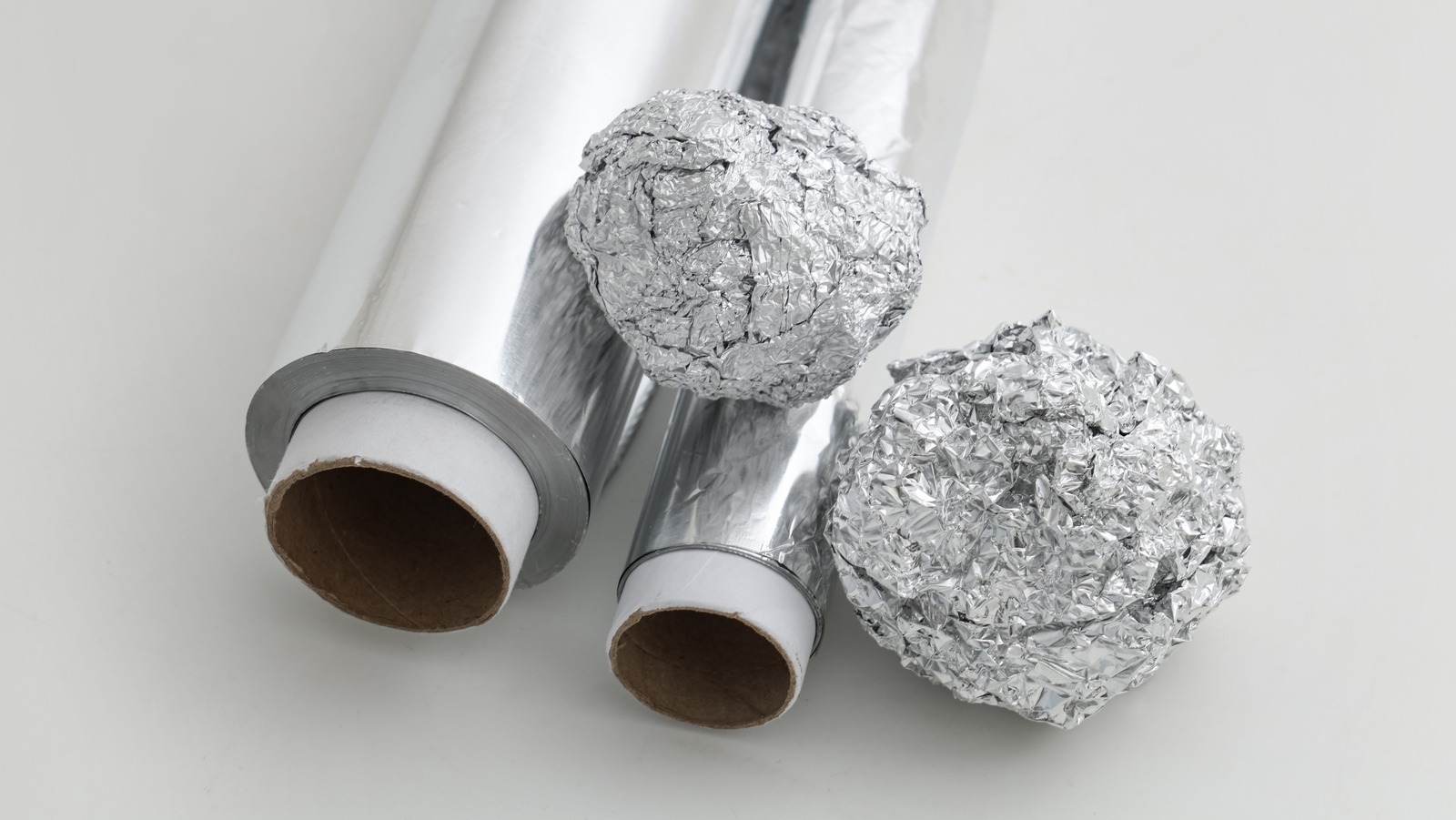Science
Aluminum Foil’s Effectiveness Against RFID Signals Examined

The use of aluminum foil as a barrier against RFID (Radio Frequency Identification) signals has been a topic of popular belief for years. From the fictional tale of Julian Huxley’s 1927 short story, “The Tissue-Culture King,” where a character dons a “cap of metal foil” for protection, to modern-day practices of wrapping car keys in foil to thwart thieves, the idea persists. However, the scientific basis for aluminum foil’s effectiveness in blocking RFID signals is more nuanced than it appears.
Understanding RFID and Faraday Cages
RFID technology is widely used for various applications, including tracking inventory and facilitating contactless payment systems. The basic principle behind RFID is that it uses electromagnetic fields to transfer data between a reader and a tag. The question many consumers have is whether aluminum foil can effectively block these signals.
The concept of using aluminum foil as a barrier stems from the principle of a Faraday cage. According to the Department of Homeland Security, a Faraday cage is defined as “a metal mesh or foil container that is impenetrable by radio signals of certain frequencies.” This principle suggests that metals can shield against electromagnetic waves. When considering RFID signals, aluminum foil can reflect or absorb these waves under specific conditions.
Research on the efficacy of aluminum foil in blocking RFID signals is limited. A study conducted by the University of Arkansas’ RFID Research Center examined the use of aluminum-lined bags to prevent retail theft. The findings revealed that these bags still allowed detection of approximately 77% of the RFID tags. This statistic indicates that while aluminum can provide some level of shielding, it is not foolproof.
Factors Influencing Effectiveness
Several variables come into play regarding aluminum foil’s ability to block RFID signals. According to RFID Card, a provider of RFID and NFC solutions, environmental conditions, the thickness of the foil, and the manner in which it is wrapped can significantly influence its performance.
For example, a single layer of aluminum foil may not suffice to block all RFID signals, particularly if the signals are strong. Additionally, the effectiveness can diminish if the foil is not adequately wrapped around the object intended to be shielded. These factors underscore the complexity of relying solely on aluminum foil for protection against RFID skimming.
The bottom line is that consumers seeking to safeguard their personal information from RFID skimming are more likely to benefit from investing in specialized RFID-blocking wallets. These products are designed specifically to shield against unauthorized scanning, offering a more reliable solution than makeshift aluminum foil wraps.
In conclusion, while aluminum foil does possess some capacity to block RFID signals, the reality is more complicated than popular myths suggest. For those concerned about RFID security, practical and tested solutions exist that may prove more effective than a simple roll of aluminum foil.
-

 Health3 months ago
Health3 months agoNeurologist Warns Excessive Use of Supplements Can Harm Brain
-

 Health3 months ago
Health3 months agoFiona Phillips’ Husband Shares Heartfelt Update on Her Alzheimer’s Journey
-

 Science2 months ago
Science2 months agoBrian Cox Addresses Claims of Alien Probe in 3I/ATLAS Discovery
-

 Science2 months ago
Science2 months agoNASA Investigates Unusual Comet 3I/ATLAS; New Findings Emerge
-

 Science1 month ago
Science1 month agoScientists Examine 3I/ATLAS: Alien Artifact or Cosmic Oddity?
-

 Entertainment5 months ago
Entertainment5 months agoKerry Katona Discusses Future Baby Plans and Brian McFadden’s Wedding
-

 Science1 month ago
Science1 month agoNASA Investigates Speedy Object 3I/ATLAS, Sparking Speculation
-

 Entertainment4 months ago
Entertainment4 months agoEmmerdale Faces Tension as Dylan and April’s Lives Hang in the Balance
-

 World3 months ago
World3 months agoCole Palmer’s Cryptic Message to Kobbie Mainoo Following Loan Talks
-

 Science1 month ago
Science1 month agoNASA Scientists Explore Origins of 3I/ATLAS, a Fast-Moving Visitor
-

 Entertainment2 months ago
Entertainment2 months agoLewis Cope Addresses Accusations of Dance Training Advantage
-

 Entertainment3 months ago
Entertainment3 months agoMajor Cast Changes at Coronation Street: Exits and Returns in 2025









